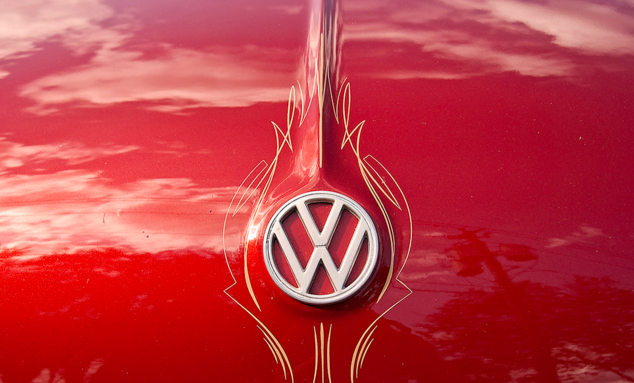Report: Regulators Ask VW To Produce More Electric Vehicles To Make Up For That Emissions-Cheating Stuff
While hundreds of thousands of consumers in the U.S. continue to wait for Volkswagen to create a plan to fix vehicles that cheat emission standards, federal regulators are apparently looking to the future, asking the carmaker to produce more electric vehicles in the country as a sort of penance for its use of “defeat devices” in diesel cars.
Reuters, citing German publication Welt am Sonntag, reports that the Environmental Protection Agency purportedly asked the carmaker to build more electric vehicles at its plant in Tennessee.
The EPA, which is currently in talks with VW and the California Resources Board to fix emissions cheating vehicles, also allegedly asked the company to help build a network of charging stations across the U.S.
Welt am Sonntag, which did not give a source for its report, was unclear on whether the EPA’s request involved current VW electric and hybrid vehicles or if it related to new models.
“Talks with the EPA are ongoing and we are not commenting on the contents and state of the negotiations,” a VW spokesman told Reuters. The EPA declined to provide comment on the alleged request.
Negotiations between the EPA, CARB, and Volkswagen have been slow moving since the environmental agencies announced in September that more than 500,000 VW cars in the U.S. contain defeat devices that skirt federal emission standards.
The California Air Resources Board rejected VW’s proposal to fix 2-liter sedans sold in California between 2009 and 2015 in mid-January, calling the plan “incomplete, substantially deficient, and fall far short of meeting the legal requirements to return these vehicles to the claimed certification configuration.”
VW submitted another plan for its 3-liter vehicles affected in California on Feb. 2, CARB has 30 days to review that proposal.
EPA asks Volkswagen to make electric cars in U.S.: Welt am Sonntag [Reuters]
Want more consumer news? Visit our parent organization, Consumer Reports, for the latest on scams, recalls, and other consumer issues.


